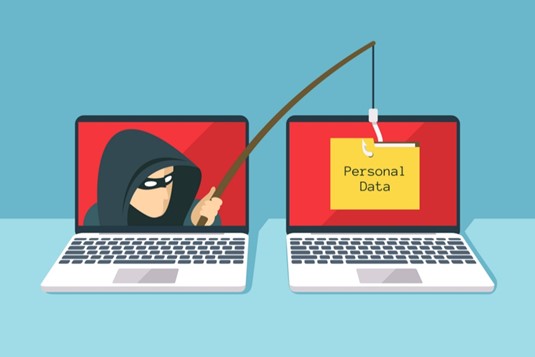It’s not uncommon for me to get an email or an instant message from a friend or colleague with the subject “I’ve been hacked!” I’m also surprised that my car is still working after all the auto warranty phone calls I received on a weekly basis. Cybersecurity and ransomware attacks are more prevalent now than ever before. We see the sophisticated phishing emails hit our email inbox and change our passwords when prompted more often than we used to. With this rise in online criminal activity, here are some steps you can take to protect you, your assets, and your information if and when a cyberattack is launched against you.

Be cautious when opening your emails. Don’t trust a link or an attachment in forwarded email. Also, pay attention to the source of the email. A message with the Microsoft logo may not be from Microsoft. Never ever click on a link that you don’t trust.
Keep your information secure. Be mindful of your passwords and change them often. Also, consider using two-factor authentication for your email, social media, and password manager accounts. And don’t forget to keep your computer files backed up regularly in a secure place.
Trust, but verify. Never give out your personal information without verifying the source. Remember the U.S. Government will not call, text, or contact you via social media about owing money nor will an institution or company ask you for bank account information to receive funds. When in doubt of whether or not to trust an electronic or phone request, don’t hesitate to ask questions and do further research.
You can find other great resources and information on the Department of Homeland Security webpage, www.dhs.gov. Using the three tips above can help protect your identity and your information online.
